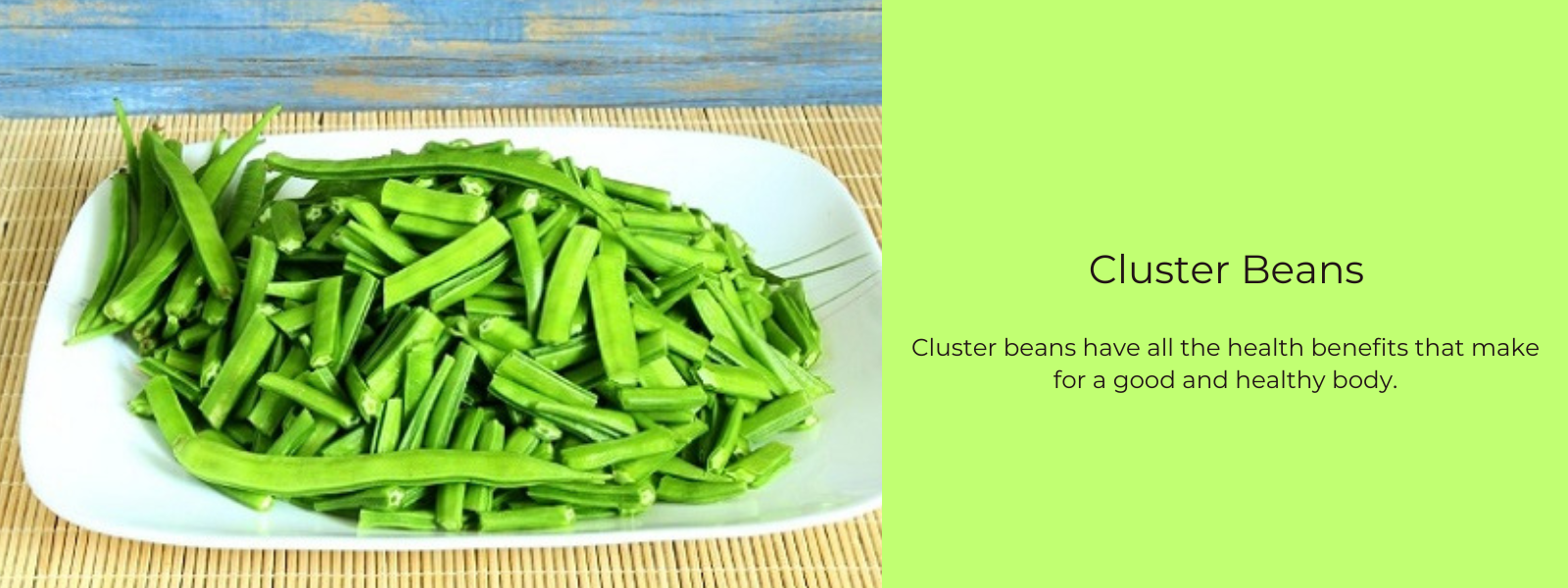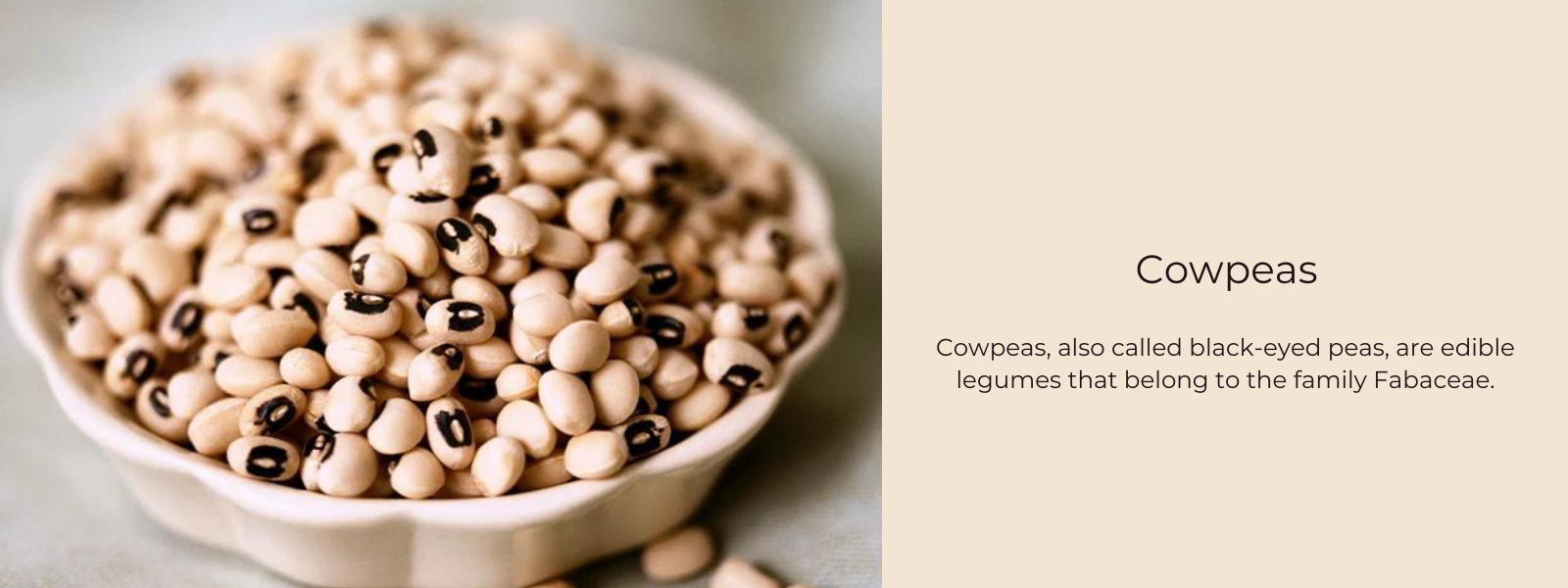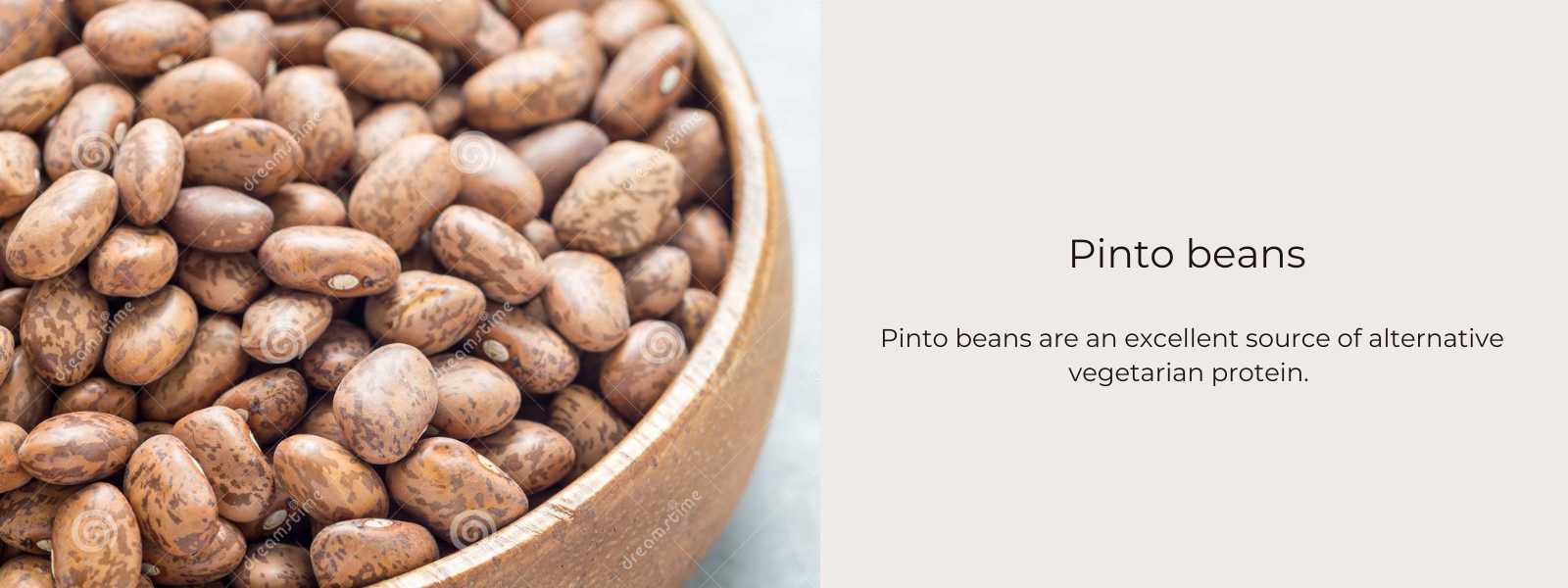Soybean, also known as soya bean, is a legume that is grown into one of the world's most popular meals due to its numerous health benefits. Soybeans, which are native to East Asia, are also widely farmed in India. People who adhere to a strict vegetarian diet frequently substitute soybean for meat for protein.
Soybeans are abundant in protein, but they are also strong in saturated fats, fibre, Omega-3 fatty acids, antioxidants, and phytoestrogens, among other critical components.
Soybeans have recently gained popularity as a result of its derivatives such as soy milk, tofu, and modified vegetable protein. This wide range of soy products has generated an entirely new gigantic industry, mostly benefiting the vegan community.
Table of Contents
What is soyabean?
Soybean, often known as soya bean, is an annual legume in the Fabaceae pea family. This nutrient-dense bean is a staple in vegetarian diets and is frequently used as a meat substitute.
Soya bean is high in protein and has numerous health benefits. It can be taken as a cooked legume, as a substitute to milk - soy milk - and as tofu and tempeh. These legumes are available in a variety of colours, including:
Green Soya bean, a juvenile variation known as edamame, can be boiled and eaten as a healthful snack.
Yellow soya bean type is commonly used in the production of soymilk, tofu, tempeh, and tamari.
Fermented black soybeans are widely used in a variety of traditional dishes.
Soyabean nutritional facts:
Soya beans are the most well-known food that is high in nutrients, particularly a great balance of protein and fibre. Manganese, potassium, copper, phosphorus, iron, omega 3 fatty acids, molybdenum, and vitamins K and B2 are among the several nutrients found in soya bean. Soya beans contain a variety of peptides and phytonutrients, including daidzein, genistein, phenolic substances coumaric, ferulic, and gallic acid peptides -defensins, conglycinin, glycinin, and saponins.
Health benefits of soybeans:
Treats Sleep Disorders: Many people are unaware of the soya bean's peculiar health advantage. Soya bean has the ability to alleviate the symptoms of sleep disorders. People who suffer from insomnia should incorporate soya beans into their daily diet.
The presence of a high magnesium content in soya beans is directly related to improved sleep quality and duration.
Diabetes Management: Did you know that consuming soya beans on a daily basis can help you manage your diabetes? Because of its ability to create insulin receptors! If you already have diabetes, it efficiently regulates your disease and minimises further damage caused by the disease.
Soya beans have a very low carbohydrate content. This is why health professionals frequently advise consumers to include this excellent food in regular diet. Soybean has anti-diabetic compounds.
Improves blood circulation: According to recent research, soya bean includes iron and copper, both of which are essential components in the production of red blood cells (RBCs). It efficiently enhances blood circulation.
Women in the postmenopausal stage can consume soya bean/food prepared with soya bean. It aids in the management of symptoms and increases the body's efficiency in practically every endeavour.
Soya bean is an excellent source of folic acid and vitamin B complexes, which are both required during pregnancy. These elements are especially crucial for pregnant women. According to experts, iron and vitamin B are necessary for foetal growth.
Many mothers who do not meet their dietary needs have babies who are born with birth abnormalities. As a result, make sure you consume enough soya beans when pregnant.
Anti-cancerous properties: The abundance of antioxidants in soya beans makes it a good meal for preventing several types of cancer. It works by eliminating free radicals from the human body and destroying the cells that cause cancer to grow.
Soya beans help the body develop healthy cells. People who have cancer should incorporate soya beans in their diet because it can reduce the side effects of treatment.
Soya beans have numerous health benefits. The only thing you need to remember is that it should be a scheduled element of your diet. It not only preserves your overall health, but it also protects you against potentially fatal conditions such as cancer, diabetes, and birth defects.
Uses of soyabean:
Soybean's clean, natural fragrance and almost unnoticeable scent match and improve the natural flavour of cooked foods. The neutral flavour of soybean allows the true flavour of the food product to shine through. Soybean interacts well with other ingredients, including various fats and oils, and is adaptable to practically every fat or usage in the culinary business, making it ideal for application in salad dressings, sauces, and baked products.
Soybean has AOM (active oxygen method) stability values ranging from 15 to more than 300 hours, and it is a recognised performer in a wide range of uses required by snack food makers, bakeries, food service providers, and others. Liquid soybean can be used in 100% of cooking oil compositions, as well as mayonnaise, salad dressings, and sauces.
Soybean can convert one tablespoon of olive oil into a full pint of flavouring for salad dressings. Even if the majority of the dressing's component is affordable soybean, the characteristic olive oil aroma will be noticeable. Soybean oil has superior emulsifying properties in comparison to other vegetable oils, making it the go-to oil of the general food business.
Best ways to eat soyabean:
You can consume blanched edamame, a young bean harvested to extract soybeans, or you can include soybeans as a flexible cuisine that can be steamed and added to salads and stews. You may also purée them for kebab and falafel.
Health risks of soyabean:
Excessive eating of soybeans can be harmful to your health. It can interfere with thyroid function, cause problems with female fertility, and induce hormonal imbalances in men.
Frequently asked questions on Soyabean:
Ques. Is it healthy to eat soybeans?
Ans. Yes, soybean is a nutritional powerhouse. It aids in the management of diabetes, improves blood circulation in the body, protects coronary heart disease, reduces the chance of developing breast cancer, and so on.
Ques. What is the health risk of soybeans?
Ans. Excessive eating of soybeans can be harmful to your health. It can interfere with thyroid function, cause problems with female fertility, and induce hormonal imbalances in men.
Ques: Does soy have any negative side effects?
Ans. Yes, excessive soy consumption causes constipation and bloating, as well as respiratory issues and nausea. It can also result in persistent inflammation.
Ques. Is soy suitable for men?
Ans. Soy is a high-protein food that lowers cholesterol and aids in muscle mass gain. Excessive soy consumption, on the other hand, can result in a disparity of testosterone levels in the human body.
Ques. How much protein does a soybean contain?
Ans. Protein is abundant in soy. Soy has 16.6 grammes of protein per 100g.
Ques. Is soy good for losing weight?
Ans. Soybean contains enough fibre to keep you full and prevent overeating. Furthermore, the high content of monounsaturated fatty acids can help you burn calories quickly.











Leave a comment